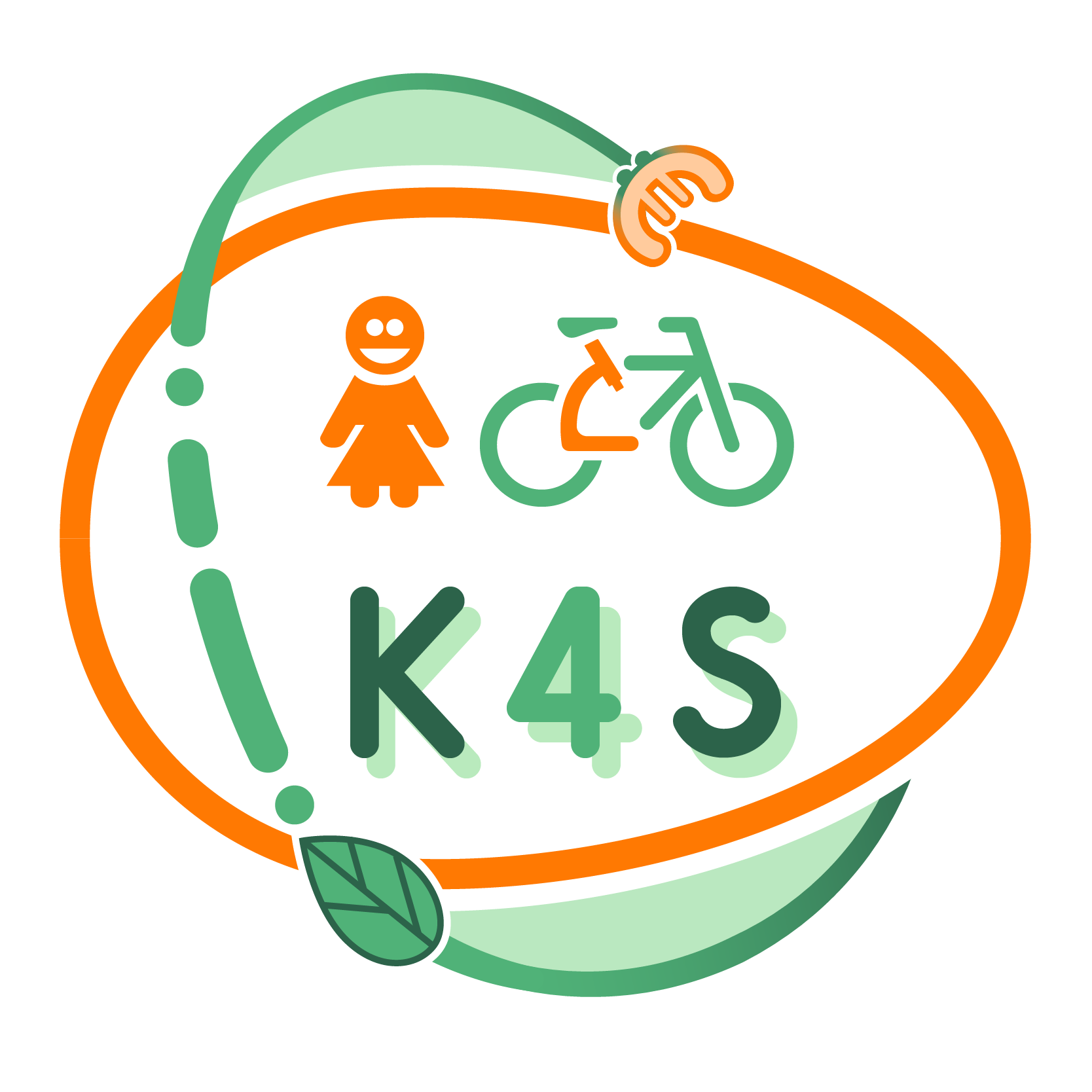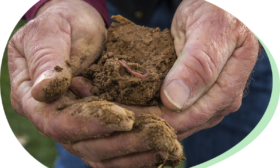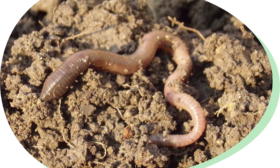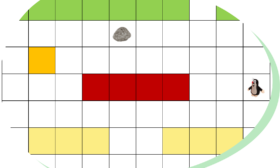LEARNING PATHWAY BASED ON SCIENTIFIC CONCEPTS
Earthworm – Gardener’s Little Helper
Overall aims:
- Shaping the understanding of the role of earthworms in soil loosening and aeration;
- Building the concepts of “compost”, “composter”, „fertilizer – natural versus chemical “;
- Developing the skills of selecting biodegradable waste useful for compost;
- Strengthening the understanding of the ecological and economic values of the composter and earthworm farming;
- Building an attitude of responsibility for the natural environment of the garden;
- Raising awareness of people’s cultural and linguistic diversity;
Intended learning outcomes:
The child will be able to:
- Distinguish the earthworm from other similar creatures;
- Explain the role of earthworms in soil loosening;
- Explain the concepts of bio-waste, compost, composter;
- Undertake systematic actions to reduce bio-waste in landfills (take personal responsibility for selecting bio-waste for the pre-school composter);
- Understand and appreciate the relationship between the world of nature and human activities;
- Recognize the word “earthworm” in a few selected languages;
Evaluation:
Initial – discussion “What do we know about earthworms” – recognizing different types (species) of earthworms in illustrations in nature albums. Attempts to answer the question: How is the earthworm different from other creatures?
Ongoing – described in each resource
Final – designing the poster “Advertising of earthworm farming/ breeding culture”
Pathway structure
Stage I – ecological pillar
Getting to know the structure and environment of earthworms, establishing an earthworm breeding culture in a kindergarten classroom and observing their influence on loosening the soil.
- Are earthworms useful? – Growing earthworms in a jar
Stage II – ecological and economical pillars
Understanding the mutual relations between human activity and earthworm work (between ecology and economy) – setting up a composter in a kindergarten garden. Developing the ability to systematically take care of the selection of bio-waste, useful for the production of compost. Shaping ecological sensitivity, understanding the role of natural fertilizers in the garden and the economic benefits of using them.
- Composter and useful earthworms – Buiding the composter in a preschool garden, exploring the concept of bio-waste; shaping the ability to distinguish bio-waste generated at home and in the garden
Stage III – socio-cultural pillar
Raising awareness of people’s cultural and linguistic diversity – the use of the earthworm theme in narrative and play activities with the use of modern technologies
- Earthworm journeys – Using the knowledge about earworms for coding activity







